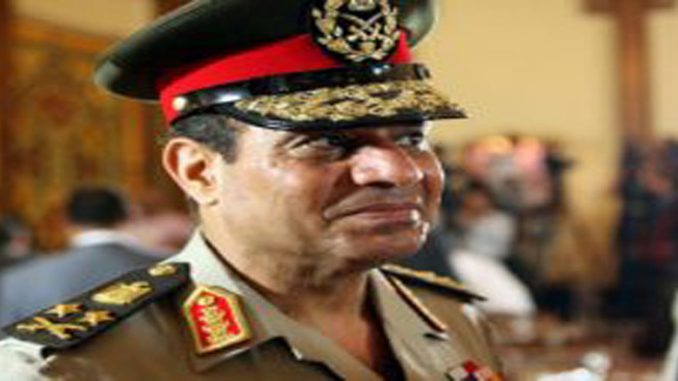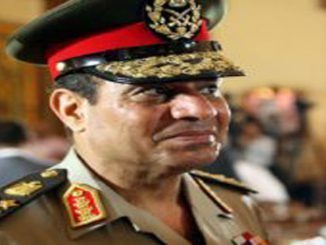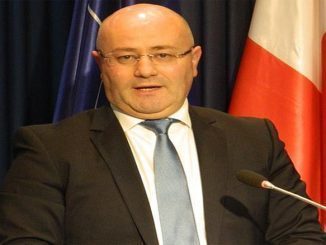
The new rise in the wages and pensions of Egypt’s army and police officers has disproved the recent claims made by Egypt’s Abdel Fattah Al-Sisi, in which he confirmed that their salaries were “weak,” local media reported yesterday.
This week, al- Sisi said that the annual income of the police and military officers represented “very modest amounts.”
Speaking during an army celebration on the occasion of the “Martyrs’ Day,” al-Sisi hailed the military and police officers role in protecting the country, stressing that they “would never stage protests to ask for a salary increment.”
Since the beginning of his tenure in 2014, Sisi has approved at least “10 consecutive increments” for the state army and police officers, most recently in October and July last year.
He was also reported to have granted military leaders a number of key positions in the government.
The Egyptian military, whose budget is not under any supervision, has expanded its economic activities in the country since Al-Sisi reached power through a military coup in 2013.
Business activities by Egypt’s powerful military have been a source of speculation and political gossip for years and Egyptian Abdel Fattah al-Sisi has sought to dispel myths surrounding the military’s economic role in Egypt.
Al-Sisi, answering questions during his election campaign on the role the army plays in the national economy, said the army’s non-military economic interests represented 2-3% of Egypt’s gross domestic product of almost $227 billion at today’s exchange rate of 17.64 pounds per dollar.
“I asked the army to enter some production fields to cushion the effects of commodity price hikes,” Sisi said in a campaign documentary. He mentioned poultry and beef production and referred to the military’s role in overseeing the implementation of infrastructure projects.
There is a widespread belief, however, that the army’s involvement in the Egyptian economy is far greater than suggested, a point that analysts said could distract the military from defending Egypt’s borders.
The Egyptian Army has been in control of various non-military production facilities dedicated to producing military needs, including food, clothes, footwear, and even electrical appliances.
The army can sell production surpluses on the local market, bringing in additional revenue.
Over the past years, Egypt’s military has entered industries that had previously remained civilian, including manufacturing of refrigerators, air conditioners, solar panels, passenger buses, medical equipment, electricity smart meters, and television sets.
The expansion of the role the military plays in the economy coincides with a national economic reawakening that has been seeking to move away from imported goods and increase domestic production.
While this overreaching economic strategy has won acclaim from economists, helping Egypt increase economic growth and grow foreign currency reserves, it has resulted in direct economic competition between Egypt’s military and the private sector.
The army does not pay taxes, is guaranteed preferential treatment and depends on low-paid conscripts for labor. This means the army pays almost nothing for production and reduced overhead compared to the private sector.



